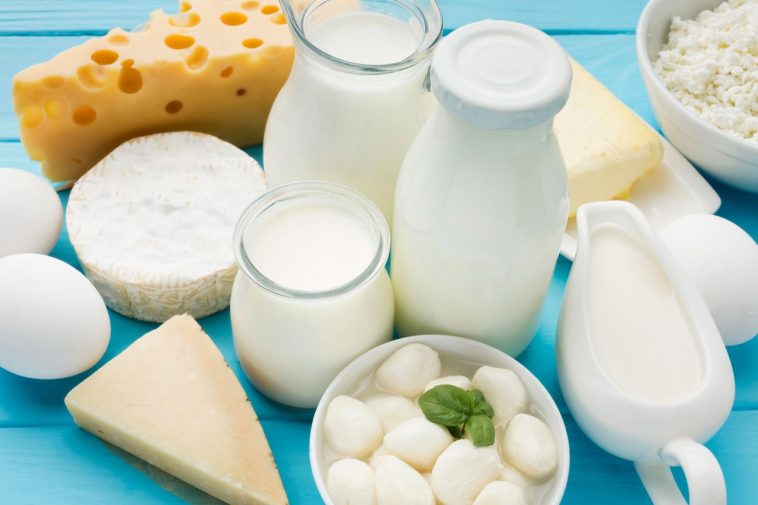There’s been much talk about whether dairy foods contribute to chronic inflammation. It’s been well-established that certain foods do have anti-inflammatory properties, but there’s no conclusive research on which foods create inflammation. Dairy products are often thought to contribute to inflammation, but that might not be the case.
In this article, we’ll cover what inflammation is and if dairy productions are a contributing factor.
What Is Inflammation
In broad terms, inflammation is the body’s response to protect itself. This could be protection from a foreign object such as a splinter, a virus, or bacteria. The affected area typically becomes swollen or puffy.
There are two different types of inflammation: acute and chronic. Acute inflammation is the body’s immediate response to an injury, like a broken bone or a cut finger. Once healed, the area will no longer be inflamed. Chronic inflammation occurs when the body continues to send inflammatory cells when they’re no longer needed.
Dairy and Inflammation
Although many believe that consuming dairy products such as milk, yogurt, cheese, and ice cream contributes to inflammation, studies report otherwise. A 2017 review published in Critical Reviews in Food Science and Nutrition stated that dairy could actually have an anti-inflammatory effect on the body.
A 2021 study suggests that dairy consumption has no direct correlation to chronic inflammation and may have some anti-inflammatory effects. The belief that dairy can cause inflammation seems to be a misconception based on the inflammatory effects of too many saturated fats on the body. However, while dairy contains some saturated fat, its overall effect has been shown to lean towards combating inflammation.
There’s No Direct Link Between Dairy Consumption and Inflammation
Although some feel that consuming dairy products is linked to inflammation issues, research contradicts that belief. While removing dairy from your diet could have some health benefits, eliminating inflammation likely won’t be one of them.



